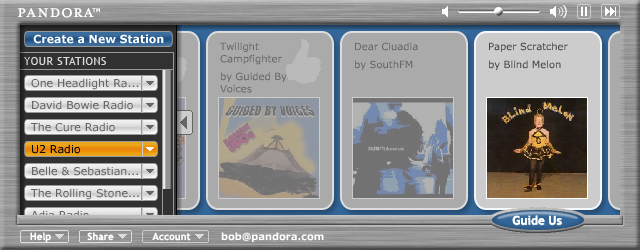
Para explicar a que va este título que suena tanto a eslogan político, me quedo con esta reflexión de Rob Malda, fundador de
Slashdot en una entrevista que publica el diario
El País en internet.
¿Qué influye más en el éxito de una página: su diseño, el sistema, sus contenidos?
Malda: "La frase, el tópico, dice que "el contenido es el rey, pero tras el éxito de una página hay algo más. El éxito tiene que ver con la pasión que hay tras los contenidos. Cualquiera puede construir un buen sistema. Internet está lleno de sitios bien diseñados, dinámicos, bonitos, en los que se han gastado miles de dólares, pero están vacíos. También hay sitios que no son particularmente atractivos, que tienen contenidos, pero nadie los visita. Creo que la gente puede oler la mentira, pueden detectar el fraude, así que lo importante es que cuando haces una web creas en lo que estás haciendo y diciendo. Las comunidades de usuarios se crean en torno a un interés compartido, una pasión común, y en el centro de ella debe haber alguien instigándola y animándola. Si no compartes esa pasión no tendrás ninguna posibilidad".
En los últimos días este blog ha sido objeto de una serie de cambios en diseño y contenido. Pues el cambio tiene nombre y apellido:
Riley Maguire.
Doy aquí la bienvenida oficial a Nw Md Mngmt a mi compañero (y amigo) del
MGEC que se incorpora al trabajo de este blog para hacerlo más interesante, entretenido (y bilingüe).
En la línea de Malda, los autores apostamos por diseño y contenido, con el fin de analizar, debatir, enseñar (y nosotros aprender) sobre este maravilloso abanico de nuevas oportunidades que internet le brinda al apasionante mundo de la comunicación. ¡A por ello!
 Screen capture of the Pandora interface
Screen capture of the Pandora interface









